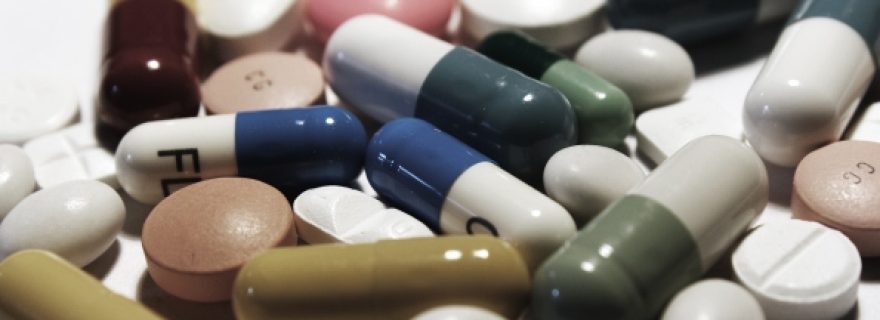Alternative medicine and the placebo effect
A lot of money is spent on alternative medicine, even though there is no scientific evidence that its benefits are anything more than a placebo effect. But if it makes patients feel better, is there actually anything wrong with these treatments?
A surprisingly high number of people use alternative medicine at some point in their lives (estimates range from 39 to 46% in the US and UK), even though there is no scientific evidence whatsoever for its benefits. Why is it that so much money is being spent on such unfounded practices? Because alternative medicine helps, even though it may not work.
Placebo as a real lifesaver?
Alternative medicine certainly does make people feel better, although the mechanisms behind it are probably not ‘rebalanced energy fields’ or ‘chakra alignment’. The well-known placebo effect to a large part explains why people benefit from alternative medicine. Interestingly, the method with which a placebo is administered also affects how well it works. A larger pill works better than a smaller one, and a placebo injection is more powerful than a pill. Effects obtained with a placebo can be impressive, and even a real lifesaver for people with a condition for which there is no current medication.
Nocebo: the negative effect
There is, however, a dark side to the placebo. Recently placebo’s evil twin, the nocebo, has gained a lot more research attention. The nocebo effect is a negative outcome caused by negative expectations. If you tell patients that a medicine (which is actually a non-active sugar pill) has serious side effects, you can be pretty sure they will be experiencing negative side effects. Voodoo deaths are nocebos in their most extreme form: Perfectly healthy people can be so sure of their imminent death (for instance because they were ‘cursed’), that they actually drop dead for no obvious reason.
In a recent fMRI study, researchers gave a substance to participants who were receiving painful physical stimuli. They told one half of the group that the substance was a painkiller, but the other half was told that it would increase the pain. Although the substance was nothing more than a saline solution, the participants’ subjective experience was exactly what they had been told to expect. In addition, the insula, an area associated with (amongst other things) pain and negative emotion, was more active in the nocebo condition, and less active for the placebo condition. Over the past years, many similar studies have demonstrated that the effects of placebos and nocebos are real and quite powerful.
Use in medical practice
For most researchers the placebo effect is a nuisance factor that needs to be controlled for. But there is an increasing interest in how knowledge about placebos and nocebos can be used in medical practice. If there is no actual medicine available yet, what is the harm in prescribing a placebo pill, ointment, or drops? If it makes patients feel better, is it still wrong to deceive them?
In fact, some GPs already knowingly prescribe placebos, in cases where actual treatment is either nonexistent or has failed to show any effect. It may also be a good idea to put our knowledge on the nocebo effect into practice. By explaining potential side effects of a medicine to clients, doctors must be careful not to alarm patients so much as to trigger a self-fulfilling prophecy.
The alternative - not the substitute
So if we can use placebos to the benefit of patients, does that also imply that alternative medicine should be embraced by doctors (and medical insurance companies)? I think not. An important advantage of placebos is that they can be very cheap. Alternative medicine, however, is often expensive and very time-consuming. This money is better spent on research into evidence-based medicine, so that in the future we can actually help patients instead of relying on placebos.





